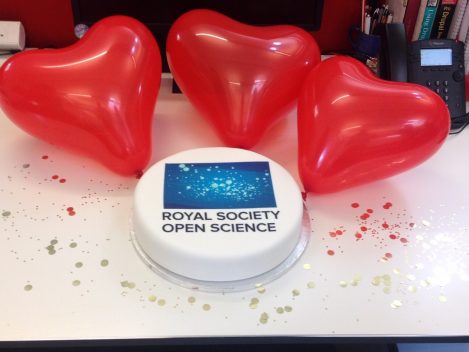The Résumé was developed through both internal and external engagement made possible with the help and input of people from across the system.

The contemporary research system produces tremendous benefit to scientists, to science and to society. However, researchers, particularly at the earlier stages of their career may experience heightened pressure and job insecurity; moreover, although competition may be stimulating, it can, if excessive, be unproductive. These factors may undermine, rather than support, the production of research and those that create it. These challenges within the culture are, however, now widely acknowledged thanks to the work of many individuals and organisations.
Changing expectations
For our own part, to understand the scale of the challenge and to seek to identify some practicable interventions, the Society began its Changing expectations programme in 2017. The work included a series of workshops with people from across the research landscape, summarised in our 2018 report, Embedding inclusive excellence. The report includes a suggestion for a ‘standardised short format CV that emphasises the wider contributions to the research system’, which led to the creation of the ‘Résumé for Researchers’, which is published alongside this blog.
Résumé for Researchers
Résumé for Researchers is intended to be a flexible tool that can be adapted to a range of different processes that require a summative evaluation of a researcher, recognising that their relative importance will be context-specific. The four modules of the CV capture outputs and success measures found on a standard research CV, such as publications, funding and awards, as well as activities such as public engagement, training and knowledge exchange.
The Résumé was developed through both internal and external engagement made possible with the help and input of people from across the system, including San Francisco Declaration on Research Assessment (DORA). Having developed the tool, we began to explore how we could use it in our own grants’ processes.
The challenges
The practical challenges, however, became apparent. The Résumé is intended to be a flexible tool that can be adapted to a range of processes, which is beneficial in increasing the potential breadth of its appeal but creates challenges when seeking to integrate with existing processes that are highly defined. We can, and have, amended our grants’ processes to collect a wider range of information, which in the first instance has been done through amendments to the guidance notes for the personal statement of our University Research Fellowships (URF) and Dorothy Hodgkin Fellowships. We continue to consider what changes we can make to further implement the Résumé’s principles.
Consequently, we are publishing the Résumé for Researchers, recognising that, although it will not be appropriate in all instances, it does recognise the broader contributions to the scientific endeavour, which we hope is useful to others and in thanks to those that contributed to its development.
Maintaining an excellent research culture is challenging and necessary. It requires continuous evaluation and adaptation. Responsibility for delivering this change is not evenly distributed but success appears more likely through a collaborative and transparent approach. As the science academy of the UK and the Commonwealth, the Royal Society will continue to give a high priority to this theme.





